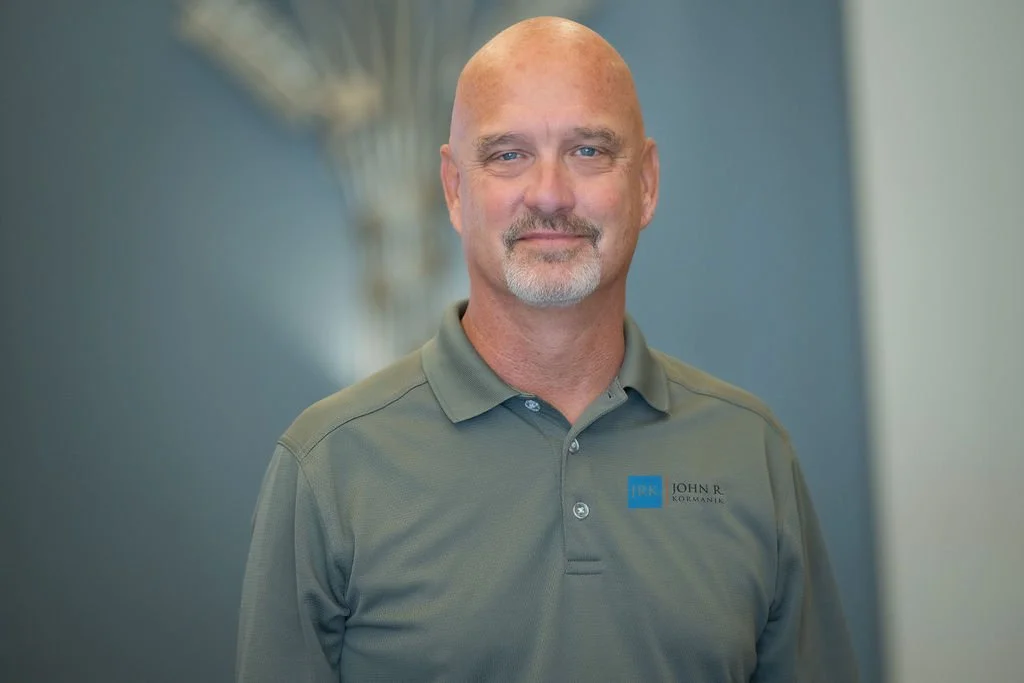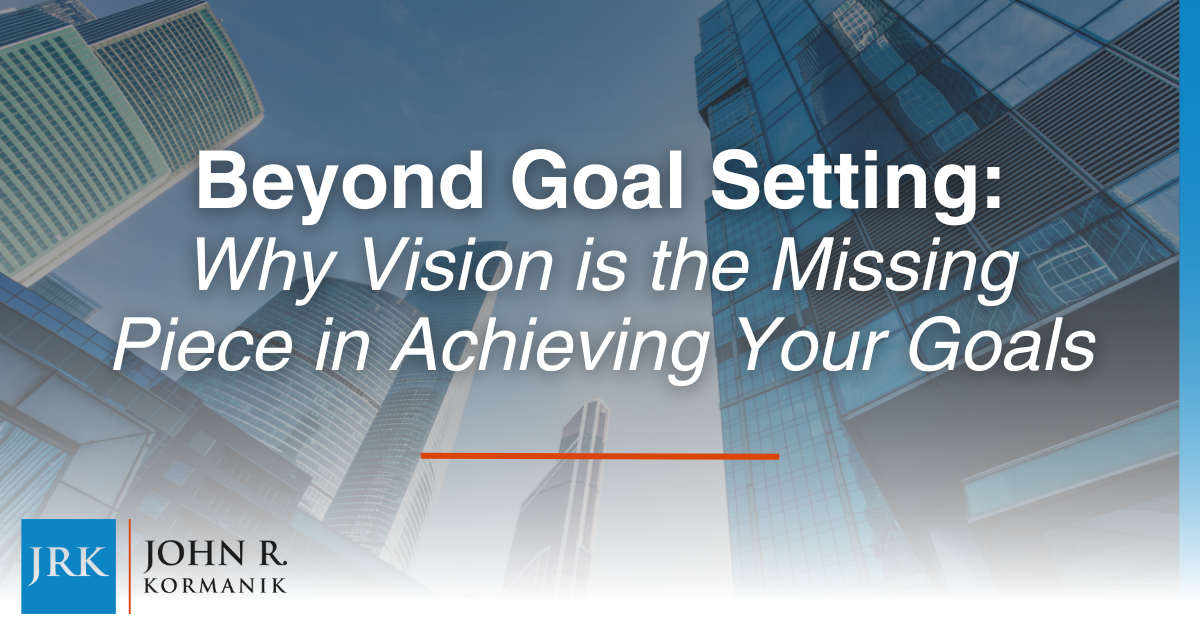The problem isn’t in the goals themselves—it’s what comes before them. Without a clear, compelling vision to guide us, goal setting becomes nothing more than an exercise in chasing numbers. So, let’s shake things up. Let’s talk about why vision, not goals, is the key to success and how you can cast a vision that guarantees your goals are both achievable and aligned with the life you truly want.
3 Key Steps to Creating a Champion’s Mindset
In a commencement speech Roger Federer gave at Dartmouth in June 2024, he shared an unsurprising statistic: he won 80% of his matches. Makes total sense for the GOAT. He shared something else, though, that people don’t necessarily equate with being the greatest tennis player ever: Roger won only 54% of the total points he has played as a professional. That means he “failed” 46% of the time.
Here’s what Roger said…
Case Study: How One Law Firm CEO Broke Through Limiting Beliefs With Executive Coaching.
“When you challenged my thinking by asking why I was thinking so small, it hurt.” Is this statement positive or negative?
One of the many reasons to work with me as your executive coach is to gain a fresh perspective—a perspective that challenges you to see when you’re holding yourself back from reaching your full potential. The saying goes: You can’t read the ingredients on the cereal box from the inside. In other words, you often can’t recognize the limits of your mindset when you’re “in it.” A recent coaching session with a law firm CEO offered a vivid reminder of this truth.

